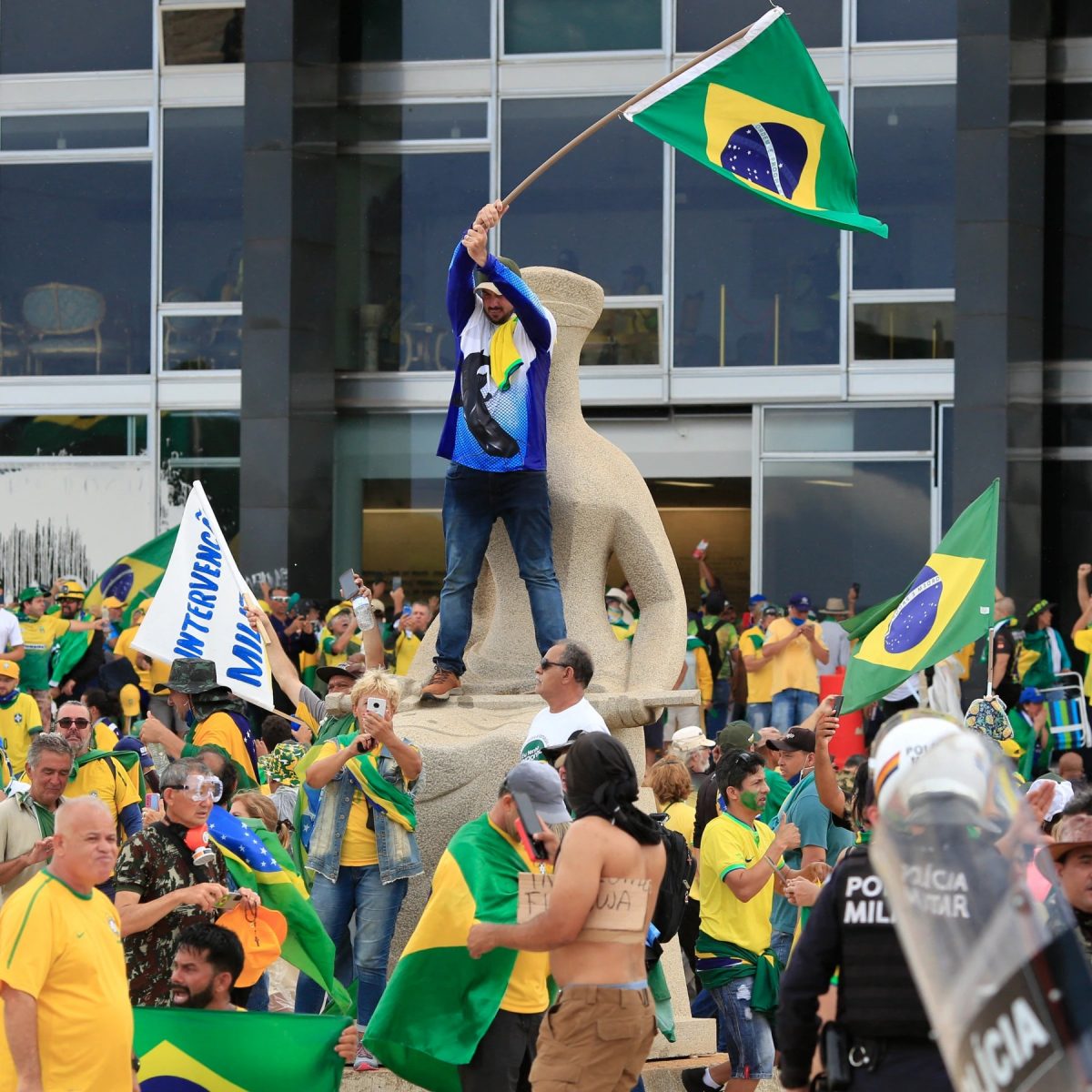(Reuters) – An aide of former Brazilian President Jair Bolsonaro sought legal support to back up a military intervention to prevent President President Luiz Inacio Lula da Silva coming into government after last year’s elections, a police report showed today.
According to the report, a partial analysis of data stored on Mauro Cesar Barbosa Cid’s phone showed he had “gathered documents with the objective of obtaining ‘legal and juridical’ support for the execution of a coup d’état.”
It was unclear who wrote the document and whether it reached Bolsonaro, a far-righter and a former army captain who narrowly lost the October presidential election to leftist rival Luiz Inacio Lula da Silva.
A similar, less detailed document was found in January at the home of former Justice Minister Anderson Torres, part of a growing body of evidence that members of Bolsonaro’s inner circle were looking at ways to block Lula from taking office and strip the powers of Brazil’s top federal courts.
Citing a Federal Police report, Brazilian news magazine Veja reported that the plan was found on the phone of Lieutenant Colonel Mauro Cid, one of Bolsonaro’s personal assistants who stayed on as an aide after he stepped down. Cid is currently under arrest for the alleged falsification of Bolsonaro’s COVID-19 vaccination card.
Cid’s lawyer Bernardo Fenelon said in a statement that his client would only defend himself to investigators.
According to Veja, the three-page document provided a road map for how to block Lula’s inauguration, using the military as a “moderating force.” To justify such an institutional rupture, the document alleged unconstitutional actions by the judiciary and media to favor Lula in the election.
The document calls for the nomination of an “intervener” with power over the armed forces and all of Brazil’s federal public security agencies. Offending justices in the Supreme Court and the federal electoral court would be investigated, removed and replaced.
The revamped electoral court would oversee fresh elections that would only take place once the military had decided the constitutional order had been reestablished.
Brazil’s army said any “opinions and personal comments do not represent the thinking of the … chain of command, nor the official positioning of the Force.”
“Any individual conduct judged to be irregular will be dealt with in court,” it added.





